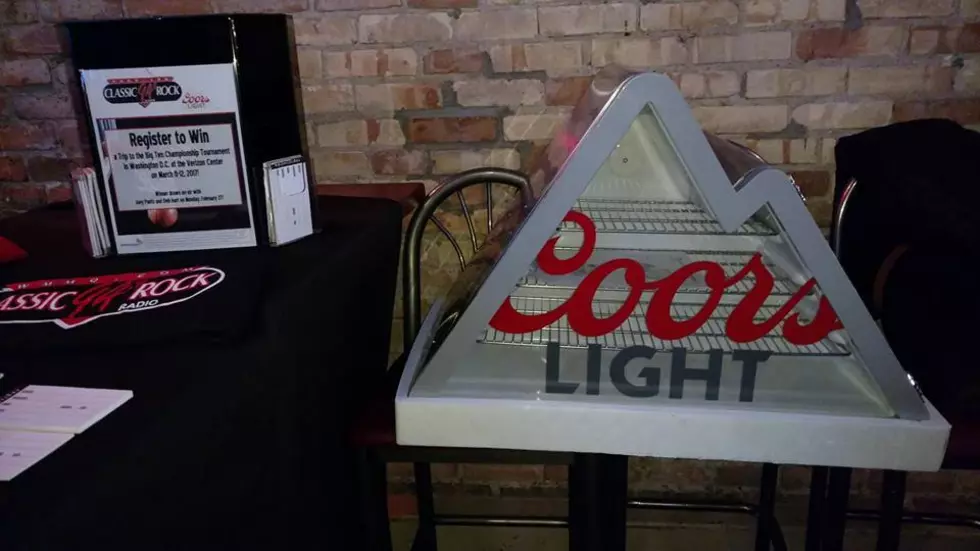40 Years Ago: Journey Begin Period of Dramatic Change With Transitional ‘Next’
Journey's shift toward a platinum-selling pop sensibility was already in motion when their third studio album arrived in February 1977. The band was rewarded with its highest-charting success so far – though, in a sign that they weren't quite there yet, Next rose to only No. 85.
Neal Schon and Gregg Rolie, both former members of Santana, gamely tried to balance two disparate musical worlds, but Next still often clung to their improvisational roots. "Jamming," Schon admitted in a 1980 talk with Rolling Stone, "was the easiest thing we could do."
That worked in the concert setting, as Journey built a huge following around their San Francisco base – but record-buying fans stayed away in droves. "We could sell out throughout the country, small halls, so we had a career," Rolie told House of Rock in 2009. "But we were out to make records and sell them. At that time as a band, we played music for solos. There were songs, but they were based on solos."
Journey went to work. They spent time with singing instructor Bianca Thornton, and by the time Next arrived, Schon was occasionally sharing time on the mic with Rolie – who famously voiced "Black Magic Woman" and "Evil Ways" with Santana.
"We toured relentlessly, using road cash to keep us going, and developed enough of a following that they could count on record sales of about 200,000," co-founding bassist Ross Valory notes in Don't Stop Believin': The Untold Story of Journey. "We decided to play less and sing more, so we wouldn't have to slave for the rest of our lives."
Listen to Journey Perform 'Hustler'
Still, as they struggled to find their way, Next emerged as something that was neither fish nor fowl. The Pink Floyd-ish "Spaceman," for instance, couldn't have sounded less like the tough fusion of "Nickel and Dime." "Hustler," which owes no small debut to Deep Purple, sits on the other end of the spectrum from the dream-like qualities of "Here We Are." There are hints at the anthemic heights to come on "I Would Find You," but nothing that felt like a single.
Rolie said projects like Next were simply ahead of their time. "You know, a lot of metal players connected with that album," he argued in 2013. "Songs like 'Hustler' – I wrote the music for that – had such a rough edge to it. They picked up on that stuff. The way I look at the early Journey stuff is if we played that now, we'd be out with Phish or the Dave Matthews Band. We were a great jam band."
Their label wanted something more, however, and suggested bringing in a new frontman. "The group was vocally prepared to support a new musician who would have equal proficiency with the voice to Neal as a guitarist or Aynsley [Dunbar] as a drummer," manager Herbie Herbert told Rolling Stone.
Journey briefly added Robert Fleischman, who joined for the tour in support of Next and ended up with co-writing credits on three songs from the follow-up album. But by the time Infinity arrived in 1978, they'd shifted to a new singer named Steve Perry.
He debuted with Journey eight months after Next was released. That, and the addition of Queen producer Roy Thomas Baker, completed a formula for long-sought-after superstardom. Baker oversaw the next two Journey studio releases – and they became the band's first and second multi-platinum sellers. Journey then carried Baker's song-focused savvy into a new age.
Journey Albums Ranked Worst to Best
More From 94.9 WMMQ










